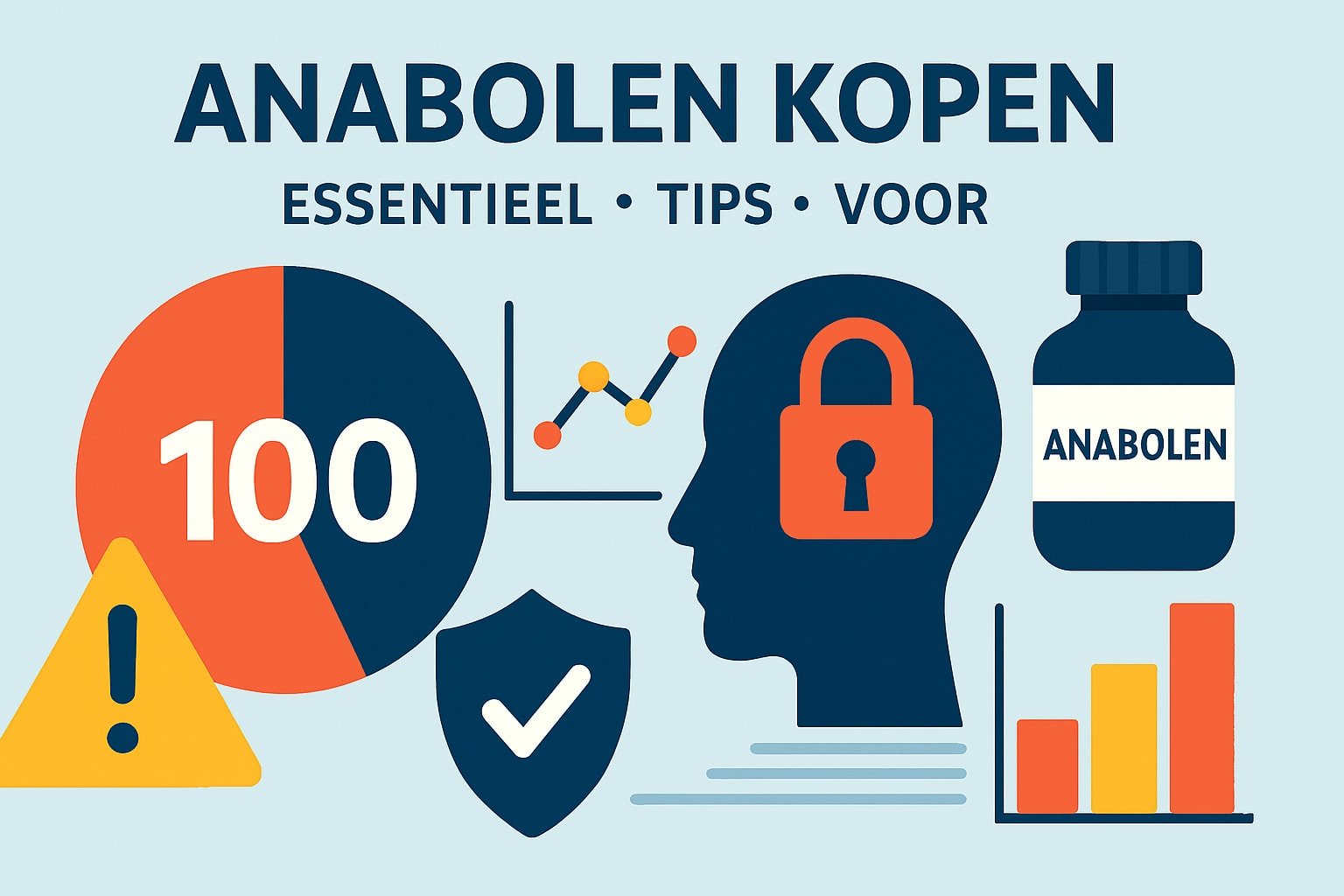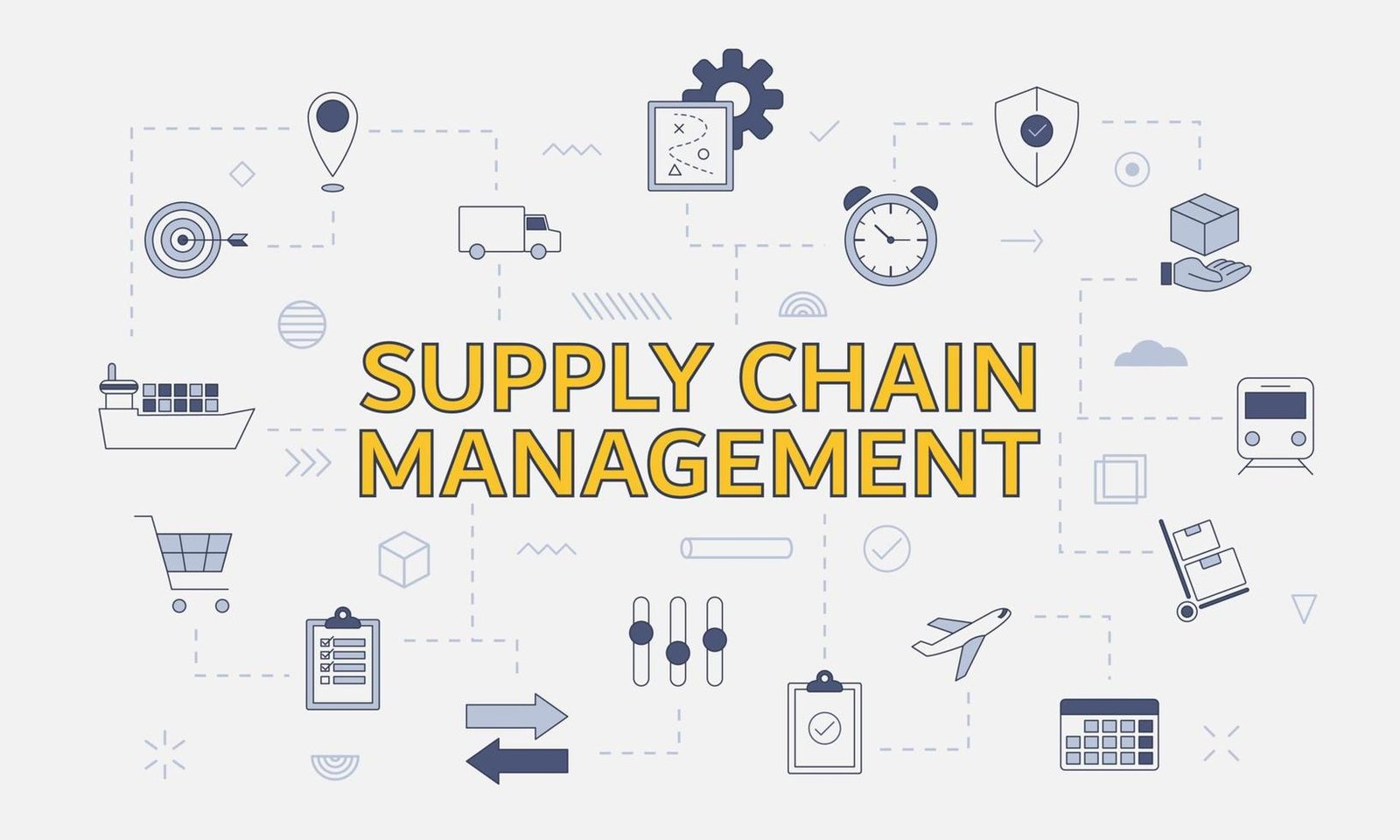Clinical trials are becoming more complex every year. New therapies, precision medicine, genetic research, and personalized treatments all bring massive amounts of data with them. Even a single study can involve thousands of patient records, lab results, imaging files, wearable device readings, and real-world evidence coming from many different sources. With so much information to handle, researchers need smarter ways to collect, clean, analyze, and protect data.
In today’s day and age, using new technologies is becoming an essential for companies in the clinical data management field to perform faster and more efficient clinical trials. These tools help businesses with research by helping them organize and understand data like never before. Instead of only using manual or traditional processes, businesses can now use more advanced platforms to help them reduce errors and shorten timelines.
Clinical Data Management Needs Modernization
A lot of clinical trials usually rely on manual methods, different systems for each department, and long processes for checking and correcting information.
The whole landscape has changed in today’s day and age. Data comes from many places and formats, including wearable devices, sensor-based machines, electronic health records, and patient apps. Manual management cannot keep up with this speed or volume.
Research organizations are also under pressure to launch treatments faster. Patients cannot wait for years while data is sorted and validated. Regulators want high-quality evidence but also expect efficiency. Sponsors need cost savings and faster decision-making. That combination makes advanced approaches to clinical data management not only useful but necessary.
Emerging Technologies
Several new technologies have matured enough to genuinely transform how clinical data is handled. Each one plays a role in reducing timelines, improving quality, or making patient participation easier.
Below are the major technologies changing the field.
Artificial Intelligence and Machine Learning
AI has become one of the most influential tools in clinical data management. It can handle large amounts of information faster than human teams, and it learns from patterns in the data. Using this can help reduce common issues like duplication or missing values.
AI and machine learning support clinical trials in several ways:
Automation in Data Cleaning
Manually cleaning data takes weeks or sometimes even months. It can detect issues, incorrect formats, and mismatches within minutes. For example, if a patient’s age is listed as 650 years old, the system will pick this up as a mistake instantly.
Faster Data Review
These AI models can scan lab results, hospital records, and medical scans to help them highlight risks or unusual findings that would require further human review. This helps speed up the safety monitoring process to help trial teams act fast.
Predictive Analytics
Machine learning can help predict dropout risks, protocol deviations, or site deviations, and this allows the team to act early to help avoid delays.
Natural Language Processing
NLP reads unstructured data like clinician notes or free text fields. It converts them into meaningful information that fits into the broader dataset.
All these capabilities make AI one of the strongest contributors to faster, cleaner, and more reliable clinical data management.
Cloud-Based Data Platforms
Cloud technology has changed how research teams store and manage data. Instead of keeping information in different systems, a cloud platform brings everything together in one secure place.
Cloud systems are important because:
- You get real-time access to data from anywhere around the world.
- You get centralized supervision of trial activities around the world.
- Faster integration of multiple platforms and tools.
- Easier scalability for global studies.
- Better data security and over control of access.
With the help of cloud platforms, collaboration is now a lot smoother for everyone. They can all work together without any long delays. This directly reduces timeline bottlenecks that traditional methods struggled with.
Wearables and Remote Monitoring Devices
Remote patient monitoring has become a major component of decentralized and hybrid clinical trials. Wearables and sensor-based devices collect real-time data in a patient’s everyday environment rather than only in a hospital or clinic.
These devices track:
- Heart rate
- Activity levels
- Sleep patterns
- Glucose readings
- Oxygen levels
- Blood pressure
They reduce the burden on patients and also give researchers a better picture of their health. The continuous data helps detect trends early and strengthens the accuracy of trial outcomes.
This supports clinical data management by providing proper datasets that are both clean and credible. It also reduces the need for manual data entry, which often leads to errors.
Blockchain for Data Security and Transparency
Blockchain is still an emerging technology in clinical research, but it has strong potential for improving trust and data integrity.
Blockchain creates a tamper-proof record of all changes. Every data entry, modification, or transfer leaves a traceable and secure timestamp. This level of transparency is valuable for regulators, sponsors, and auditors.
Benefits
- It makes sure that the data is authentic.
- Prevents unauthorized access to files.
- Helps with compliance and being audit-ready.
- Helps build trust amongst partners and customers.
How These Technologies Speed Up Clinical Trials
The goal of modernizing data management isn’t just about quality, it’s also about speed. Getting faster trials so that treatments can reach patients as soon as possible is the ultimate goal.
Here is how emerging technologies help speed things up:
Earlier detection of errors
AI and automated validation flag issues early instead of letting them pile up.
Real-time view
Cloud-based systems and wearables send data instantly back to the team, which helps reduce waiting times for monitoring and analysis.
Better retention
Having remote devices and tools makes it easier for patients during trials, which in turn will reduce dropout rates.
Fewer protocol deviations
Predictive analytics warn researchers when a site or participant is likely to deviate from the plan.
Reduced workload
Automation helps reduce hours of manual work from each department and team in the organization.
Better decision-making
Having clean and timely data helps teams make quicker decisions for the betterment of the people. These improvements can help shorten trial times instantly.
The future of clinical data management is and will be automation, smarter systems, and real-time insights. Data will flow smoothly through departments to ensure efficiency. Trials will use more virtual components, more patient-friendly tools, and more intelligent data pipelines.
AI will continue to improve. Blockchain will strengthen trust. Cloud platforms will become universal. Remote monitoring will grow. Together, these technologies will make clinical trials faster, safer, and more reliable.
The heart of clinical research will always remain the same. It is about helping people and discovering treatments that change lives. With modern clinical data management technologies, researchers can reach those breakthroughs with greater speed and accuracy.
















Leave a Reply